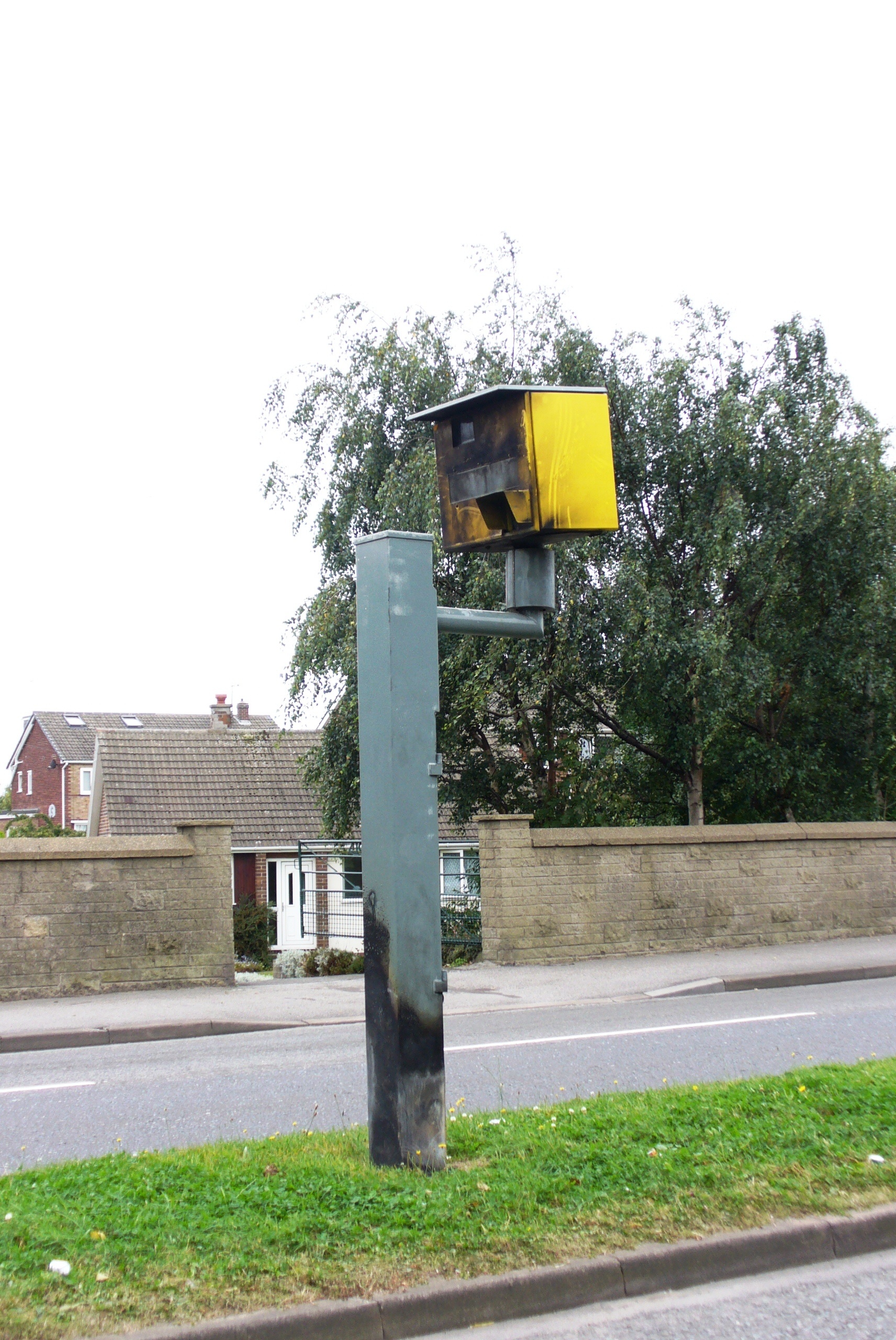The majority of road traffic offences carry obligatory endorsement. Since the abolition of paper counterpart licences in June 2015, any endorsement will be shown on your electronic driving record which is held at the DVLA at Swansea.
What are driving license endorsements?
An endorsement is simply an entry on your driving record. It shows:
- The type of offence that you have been convicted of
- The date of the offence
- The date of conviction
- The sentence ie. fixed penalty, fine, points, disqualification or, if the offence is a more serious one, some other penalty such as a community order or imprisonment
How long do endorsements stay on your driving licence?
Most endorsements remain current for a period of 3 years from the date of conviction and will physically remain on your driving record for a period of 4 years. For insurance purposes, the period is 5 years.
There are, however, some exceptions. Endorsements for most drink driving or drug driving offences remain current for a period of 10 years. This is because if you commit a second offence of this nature within a 10 year period, instead of the normal obligatory minimum disqualification of 1 year for this type of offence, the period of disqualification will be for a minimum of 3 years.
Special considerations arise in relation to offences such as causing death by careless driving, dangerous driving and causing death by dangerous driving particularly if you happen to be unlicensed or uninsured at the time.
Whilst an endorsement remains on your licence, if you commit a further offence which is dealt with by a court, then the court will be entitled to know about the previous matter and that may affect the way with which the court deals with you for the fresh offence.
What is a “special reason”?
In some cases, the courts have recognised that it would be disproportionate to disqualify drivers for offences that carry obligatory disqualification and/or endorse their licences for offences that carry obligatory endorsement even though they do not have a defence in law available to them.
Examples of this would be if you had been accused of drink driving and unknown to you, somebody else had spiked your drink.
Similarly, if you drive a car because you have been told by perhaps the owner that you are covered for insurance purposes and it is reasonable for you to believe that, this could be a special reason for not disqualifying and/or endorsing.
If a car had been driven only a very short distance in circumstances where it was unlikely to come into contact with other members of the public or if the driver is dealing with a genuine emergency, then again that could give rise to a ‘special reason’. The courts apply this concept very restrictively and if you think that you might fall into this category, you should seek legal advice and representation.
The general principle is that a ‘special reason’ is special to the facts of the particular case ie. special to the facts which constitute the offence. It must be a mitigating or extenuating circumstance, not amounting in law to a defence to the charge, yet directly connected with the commission of the offence and be one which the court ought properly to take into account when imposing punishment. It cannot be something that is peculiar to the offender.
How does the penalty points system work?
If you accumulate 12 or more penalty points in any 3 year period running from date of offence to date of offence, you must be disqualified from driving for a minimum period of 6 months unless you can establish that this would cause either you or the people around you such as your family, employer or employees ‘exceptional hardship’.
If exceptional hardship is proven, then this gives the court the power to do something which it could not otherwise do, namely either reduce the otherwise obligatory 6 months disqualification for a ‘totting up’ disqualification or, in an appropriate case, dispense with it altogether. If you are in this situation, you should seek expert legal advice as these cases are notoriously difficult to oversee
Penalty points for new drivers
Special provisions apply to drivers who commit endorsable traffic offences that carry penalty points within two years of the date that they have passed their test.
If you commit offences that accrue a total of 6 points or more during this time, the DVLA will revoke your full driving licence and you will have to retake both your theory and practical driving tests. If you have been unfortunate enough to get penalty points during the time that you have a provisional licence, these will be carried over and will remain on your full licence once you have passed your test.
Do you need legal advice or representation?
If you have committed a driving offence and require legal representation, contact us on 01442 242999 or email us at enquiry@wheldonlaw.co.uk.
Our specialist team of road traffic solicitors have years of experience in every aspect of road traffic law. We will be happy to advise and assist you and provide representation in court if necessary.

